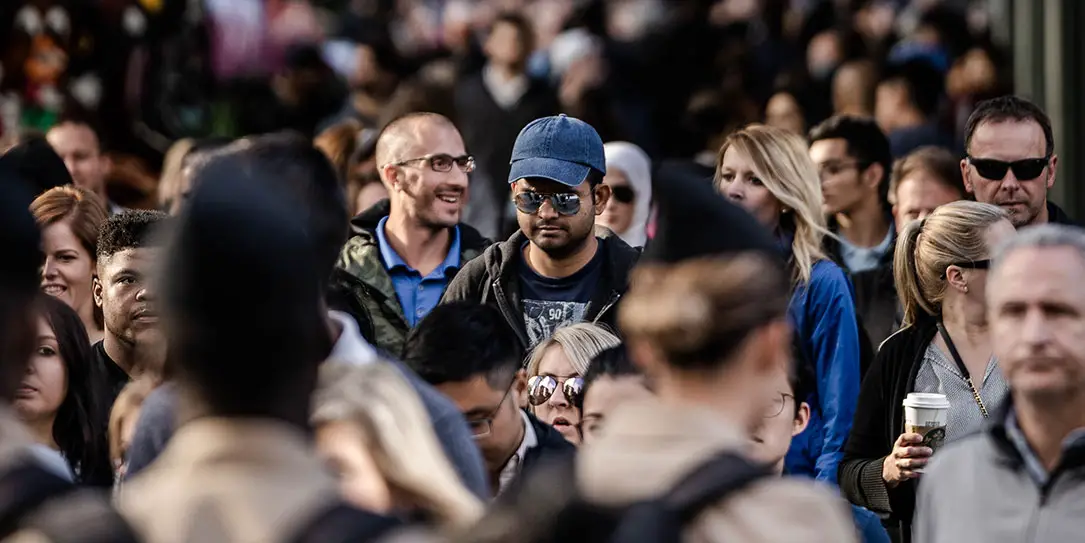Innovation has always been a give-and-take proposition. In order to evolve beyond our current capability, things are created that have great potential but can also carry consequences. In the early days of the internet user data was hardly even a thought or consideration. It wasn’t until search engines like Google that user data was thought of as a way to make money.
Google’s algorithms are among the most secret of secrets in the world. It’s these algorithms that collect user data, keeping track of what each of us is doing online. What is the purpose for this tracking? Google would tell you it is to provide a better service by learning your likes and dislikes. Thus, tailoring the experience to your needs. Oh, and to also serve you advertisements the algorithm thinks you like. Serving these advertisements generates revenue for Google. As a matter of fact, the company makes the most money from serving advertisements targeting user data.
User data is now more valuable than ever. The majority of people now have some sort of digital fingerprint and there’s an effort to gain access to those fingerprints. Most people are well aware that hackers are the main group out there trying to access user data. It is literally a minute-by-minute struggle to fight hackers from accessing data and in many ways, the hackers are winning.
But it’s not just hackers looking for user data, governments are increasingly trying to access user data. The biggest difference is, governments are at least asking the keepers of that data for it rather than stealing it. According to Precise Security, Google user data requests from governments have hit a new record in 2019. According to author Justinas Baltrusaitis, the top three countries requesting data from Google include the United States, Germany, and India.
Governments and other agencies are heavily relying on the information provided by Google in order to get specific data about what users were doing while surfing the internet. Moreover, the number of accounts requested could be larger than the total requests made by the governments, meaning that a single request could contain several accounts.
According to data gathered by PreciseSecurity.com, governments’ requests for Google user data nearly reached 165,000 during the first half of 2019.
Google has also strict policies on how to handle users’ data. The request must be presented writing, signed by an authorized official and issued under an appropriate law. At the same time, the company may decide to narrow the requests made by entities considering sometimes they might be overly broad.
Furthermore, the number of user data requests could include information about several users and individuals. That means that each of these requests could be seeking information about multiple Google Accounts considering users could have several accounts.
Google cannot reject these requests because they are generally made by law enforcement agencies around the world. If the company wants to remain compliant with the laws that apply in these countries, it would have to provide the information requested as long as the requests are measured.
Precise Security
According to Precise Security, the United States and Germany have the highest number of requests for user data while India and France come in 3rd and 4th. The country with the least requests is Israel. As our lives continue to become digitized you can fully expect user data to become even more valuable. Check out Precise Security’s website for more charts and info on this story.
What do you think of this story? Let us know in the comments below or on Twitter, or Facebook. You can also comment on our MeWe page by joining the MeWe social network.
Last Updated on February 3, 2021.











